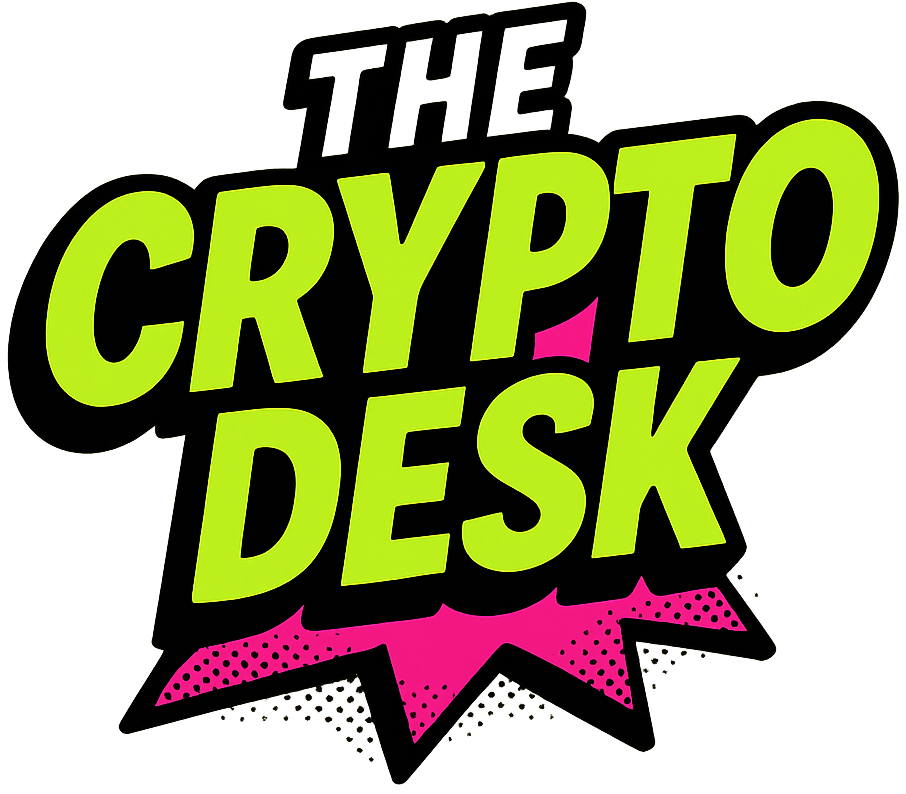MoonPay’s Call for Fairness in Stablecoin Regulation
In a bold move on April 17, Ivan Soto-Wright, the co-founder and CEO of MoonPay, took to pen and paper, addressing a critical issue currently gripping the crypto landscape. His letter to the U.S. Congress isn’t just another piece of correspondence; it’s a clarion call for fairness in stablecoin regulation — a matter that could dictate the future of this burgeoning asset class.
Soto-Wright’s initiative aims to ensure that upcoming legislation doesn’t tip the scales in favor of federally-chartered stablecoin issuers while disregarding their state-regulated counterparts. As the sector grapples with rapid changes and increasing regulatory scrutiny, the stakes couldn’t be higher.
Why This Matters: The Importance of Equal Treatment
In an era where stablecoins are becoming integral to the financial system, the question of regulatory balance comes to the forefront. Soto-Wright’s advocacy for parity is not merely a corporate plea but a critical push for consumer protection, innovation, and a robust competitive landscape.
Stablecoins, often referred to as the backbone of the cryptocurrency ecosystem, facilitate everything from trading to remittances. A level playing field for both state and federal issuers supports:
– **Consumer Protection**: Ensuring that consumers have access to a wide range of secure options.
– **Innovation**: Stimulating growth and technological advancements in the financial sector.
– **Long-term Stability**: Upholding a regulatory framework that has successfully governed the industry for decades.
The proposed STABLE and GENIUS Acts are designed to create clarity and support for both types of issuers. However, without fair treatment, the centralization of regulations could lead to a monopoly-like environment, stifling not just growth but the very essence of innovation that cryptocurrencies promise.
The Industry’s Perspective: Voices from the Ground
Soto-Wright’s commentary is echoed by various stakeholders in the crypto ecosystem. Analysts and experts have pointed out that marginalized state regulators have historically played a crucial role in shaping the crypto landscape by providing much-needed clarity and oversight.
One industry expert notes, “The dual regulatory framework — where states are empowered to regulate alongside federal entities — has proven to foster innovation. Centralizing regulation could backfire, undermining the competitive spirit that drives the market.”
The importance of this dialogue cannot be overstated. As the government gets closer to finalizing a national framework, voices like Soto-Wright’s add significant weight to the argument for inclusivity and balance within the regulatory sphere.
Future Outlook: What Lies Ahead for Stablecoin Regulation
As legislative discussions heat up, the future of stablecoin regulation hangs in the balance. With Soto-Wright’s letter serving as a pivotal moment, it sparks several key considerations for the coming months:
– **Potential Legal Frameworks**: How regulations evolve in response to industry feedback could define the operational landscape for years to come.
– **Impact on Emerging Companies**: An equitable regulatory environment may empower innovative startups, allowing them to compete alongside established players.
– **Consumer Trust and Safety**: Stronger protections fostered by balanced regulations could enhance public trust in digital assets, essential for mass adoption.
As Congress deliberates over these transformative pieces of legislation, Soto-Wright’s message rings clear: safeguarding competitive landscapes and promoting innovation through balanced regulation isn’t just beneficial; it’s essential for the sustainable growth of the cryptocurrency market.
Conclusion: Join the Conversation
As MoonPay and other industry leaders advocate for balanced regulation, the conversation is far from over. What does fair treatment for stablecoins mean for consumers and the broader financial ecosystem? How will these regulatory changes impact the future of money transfer and digital assets?
We invite you to share your thoughts on this emerging debate. Your voice could help shape the future of cryptocurrency. Engage with us in the comments section below!

